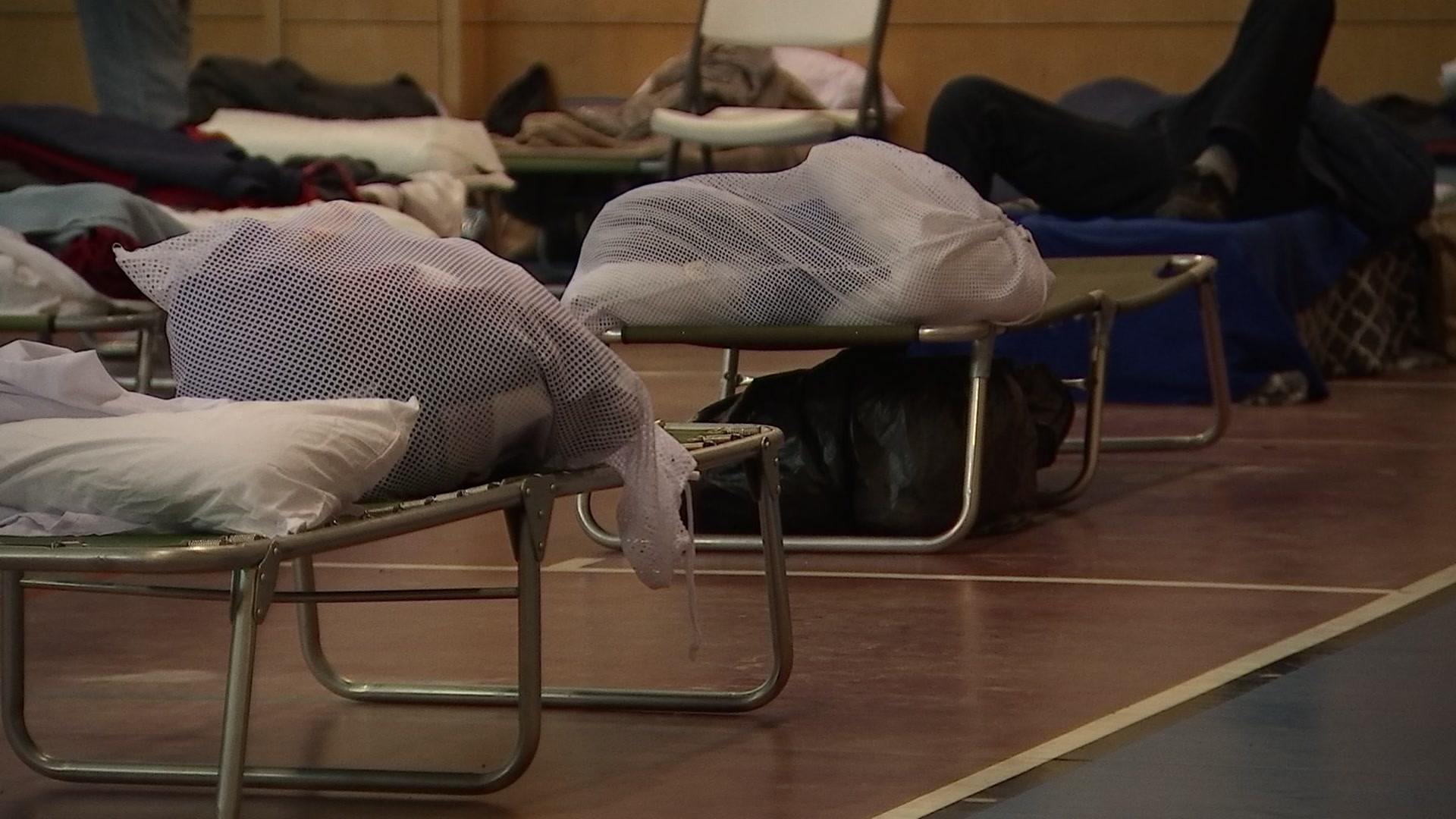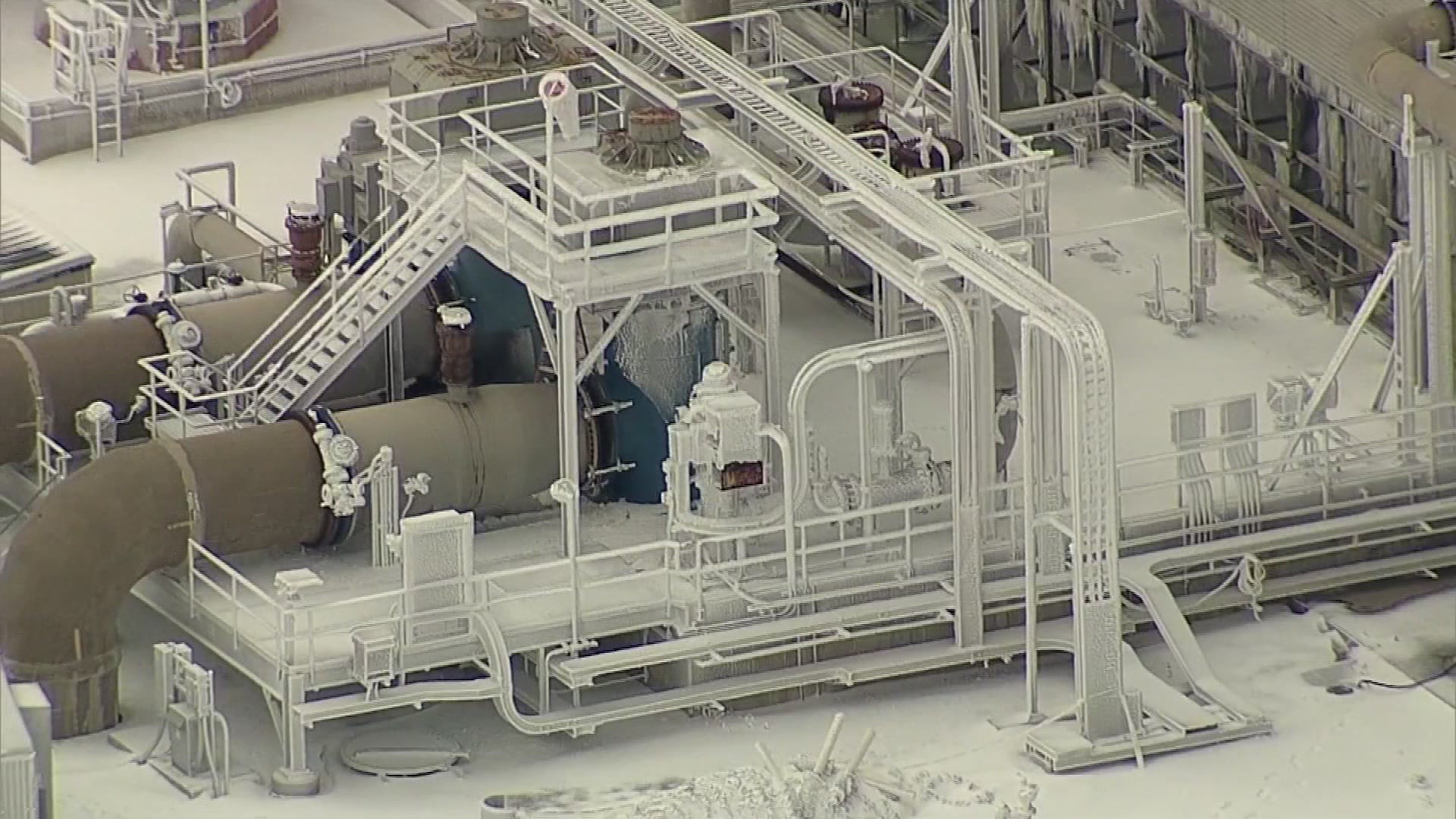A Texas mother is echoing law enforcement's concerns: just because K2 or synthetic marijuana is legal in some places, it doesn't make it safe.
Ruth Rivas lost her son, Adam Hernandez, nearly two years ago.
"He had accomplished a lot," she said, referring to Hernandez's eight year career with the United States Navy.
Most recently, he'd been stationed in Hawaii, working on nuclear submarines.
However, in the months before his death, Rivas said he stopped calling.
When they did speak, Hernandez was short, agitated, angry and paranoid.
She had no answers about his behavior until two servicemen showed up in 2012 to deliver devastating news.
Local
The latest news from around North Texas.
"The coroner had told me that Adam had taken his own life, that they had found packets of spice on his body and packets of spice in his house," she said. "I didn't know what spice was."
"Spice" is also known as K2. It's a synthetic drug with roots in laboratories, commonly called "fake pot."
It can cause unpredictable behavior and is believed to be behind dozens of overdoses earlier this month in Dallas and in Austin.
- Fake Marijuana Linked to Fatal Fort Worth Crash
- Drug Agents Investigate Rash of Overdoses in Dallas
- Denton County on Alert for "Fake Pot"
DFW police agencies told NBC 5 it's becoming a "top priority" to monitor and a "growing concern."
Because the product, which often comes in packets, is labeled "not for human consumption," the Food and Drug Administration has had little power to regulate.
Rivas said she isn't trying to legislate or enforce, but rather, as a teacher, she's created a non-profit organization to educate.
"I'm trying to tell people, to warn people, so they don't have to go through what I'm going through," she said. "This was avoidable."
Rivas' foundation is called "Spice Is Not Nice." She's dedicated her life over the past year to education about synthetic drugs.



